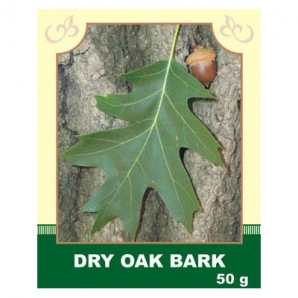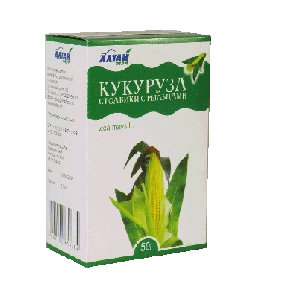-
PC
- Allergy
- Antiparasitic Agents
- Painkillers and Antispasmodics
- Venotonics
- Dermatological Agents
- Gastrointestinal Tract
- Immunomodulators
- Infectious and Inflammatory
- Weight Control, Weight Loss
- Neurological Agents
- Ophthalmic Preparations
- Cardiovascular Diseases
- Sleep Aids
- Cold and Flu Remedies
- Thyroid Disorders
- Diabetes Treatments
- Urological Agents
- Sedatives
- Ear Drops
- Vitamins and Minerals
- Men's Health
- Women's Health
- Laxatives
- Liver Disease Treatments
- Hemorrhoid Treatments
- Nasal Drops and Sprays
- Antiseptic
- Bruises and Contusions
- Antifungal Agents
- Blood Pressure Medications
- Joint Pain
- Oils
- Dry Herbs & Berries
- Ointments
- Herbal Teas
- Tinctures
- Syrups
- Beauty
This information is for general purposes only and should not be considered as medical advice. Always consult with a qualified healthcare professional for any medical concerns or questions you may have.
Fennel (Foeniculum)
is a highly versatile herb that has been used for centuries for its medicinal properties. It is native to the Mediterranean region and is a member of the carrot family. In traditional medicine, fennel has been used to treat a variety of ailments, and modern research has shown that it has numerous health benefits.Fennel contains a range of beneficial compounds, including vitamins, minerals, and antioxidants. It is particularly high in vitamin C, potassium, and fiber. These nutrients work together to provide a number of health benefits.
One of the most well-known uses of fennel is as a digestive aid. It has been used to treat indigestion, bloating, and flatulence. Fennel is also believed to have anti-inflammatory properties, which can help to reduce inflammation in the digestive tract.
Additionally, fennel has been used to treat respiratory conditions such as asthma and bronchitis. It is believed to have expectorant properties, which can help to clear mucus from the airways. Fennel tea is a popular remedy for respiratory problems.
Fennel has also been used to promote milk production in breastfeeding mothers. It is often recommended to help increase lactation and improve the quality of breast milk. It is important to note that pregnant women should consult with a healthcare professional before using fennel.
In addition to these uses, fennel has been studied for its potential anticancer properties. Some research suggests that fennel may have a protective effect against certain types of cancer, though more studies are needed to confirm these findings.
Fennel can be consumed in a variety of ways, including raw, cooked, or as a tea. It is also available in supplement form. However, it is important to use caution when using fennel supplements, as they can interact with certain medications.
Note: This article is for informational purposes only and should not be considered medical advice.
Additional Information
| SKU | 1087 |
|---|---|
| Brand | Salem Botanicals |
| Size | No |
| Manufacturer | No |
- Be the first to review this product
Write Your Own Review
Products on sale
Regular Price: $38.99
Special Price $29.99
Regular Price: $49.99
Special Price $34.99
Regular Price: $7.99
Special Price $4.99
Regular Price: $7.99
Special Price $5.99
Regular Price: $14.99
Special Price $9.99
Regular Price: $17.99
Special Price $10.99
Regular Price: $4.99
Special Price $2.99
Regular Price: $10.49
Special Price $8.99
Regular Price: $51.99
Special Price $34.99
Also Purchased

















